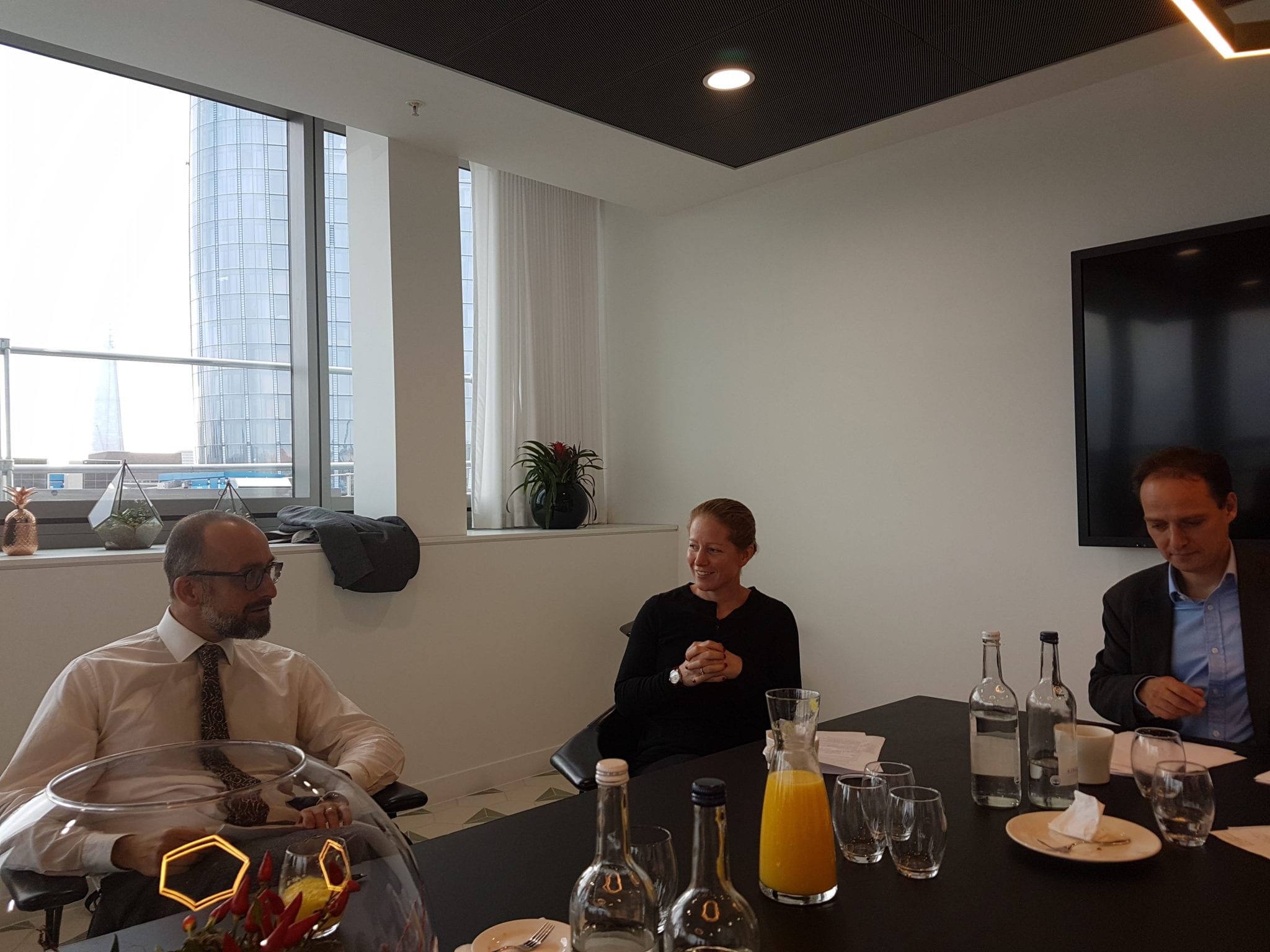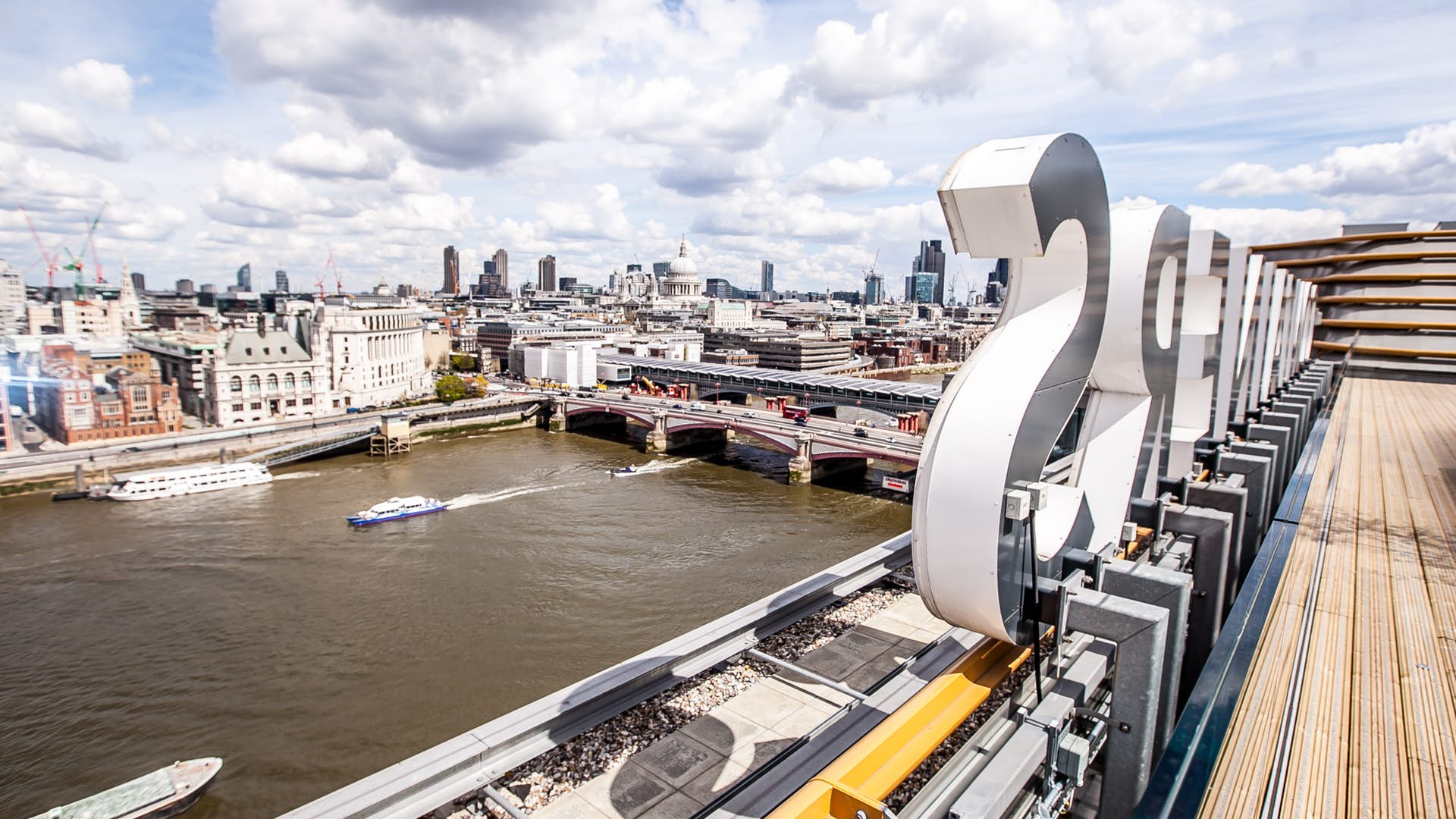|
Getting your Trinity Audio player ready...
|
Speaking at GroupM’s Fake News briefing in London’s Southbank today, Commercial Director Jon Slade disclosed that the Financial Times had stopped all advertising on Facebook both in the US and UK. The effect on the FT’s business, he continued, was “negligible”.
Speaking on the record, Slade added that Facebook’s rules demanding that an FT employee had to be a named individual on the FT’s Facebook advertising account was “unrealistic”, whilst the demand that the ads carried a ‘paid for by’ notification that treats publishers as political advertisers “doesn’t feel right”.
News publishers spend money on Facebook to spread awareness of their articles, and in the case of subscription-driven publishers like the FT, the hope is that some of that traffic will convert to paying readers. However, the FT’s admission that the effect of dropping Facebook has been negligible will be of significance to other publishers who still use Facebook to widen their reach and drive subs.
On a related note, Slade agreed that ads on social media were perpetuating the wider issue of fake news but this was as much a problem of “platform economics” as anything else. He added that in one sense, fake news could be seen – in the short term at least – as a commercial advantage in that people are seeking, and prepared to pay for quality. However, he included the caveat that “in the longer term we are all harmed by it and end up getting tarred with the same brush”.
The remarks came off the back of a media briefing on fake news hosted by GroupM, the world’s largest advertising media company. Aside from Slade, also present were Dr Sarah Glozer, from the University of Bath School of Management, Magnus Brooke, Director of Policy and Regulatory Affairs, ITV and Bethan Crockett, Group M’s brand safety expert.

Key takeaways include:
- ITV’s Brooke, speaking for many broadcasters, held the view that it was incongruous for TV networks to be held under such stringent statutory regulations whilst the platforms were free to act with impunity. Self-policing would never work because of commercial pressures and he
criticised the fact that the “platforms have full control but none of the responsibilities”. His view was that the current framework was too voluntary and that there would need to be “compliance by Parliamentary law, just as the TV firms undergo”.
- GroupM’s Crockett remarked that the ad industry “needed to also take responsibility over when and where ads are placed” and that “the tech (to police it) is there but we need to advance it”. She disclosed that Group M has an optional “controversial news outlets blacklist” but the company couldn’t enforce it globally due to local rules with regards to freedom of speech and different business regulations across various territories.
- Slade stated that Facebook has something like 20,000 fact checkers, a point that ITV’s Brooke’s picked up and added that, “a sixth of these are in Germany, where the rules are toughest”. Clearly, Brooke’s added, regulation in Germany has “concentrated minds” and that this “is what we need”.
- Bath University’s Glozer remarked that fake news was not a “binary issue” and that “it’s a continuum of tolerance levels” which were different “and nuanced across countries”. She added that “ethics begin where the law ends” and that much more research was needed into fake news across the spectrum.
- The last word went to the FT’s Slade who spoke for many people in the room with the remark, “Do people want the truth? In the end we are all going to get the news we deserve”.
WNIP would like to express its thanks to GroupM and The Wren.

Photo credit: thoughtcatalog.com via Unsplash


